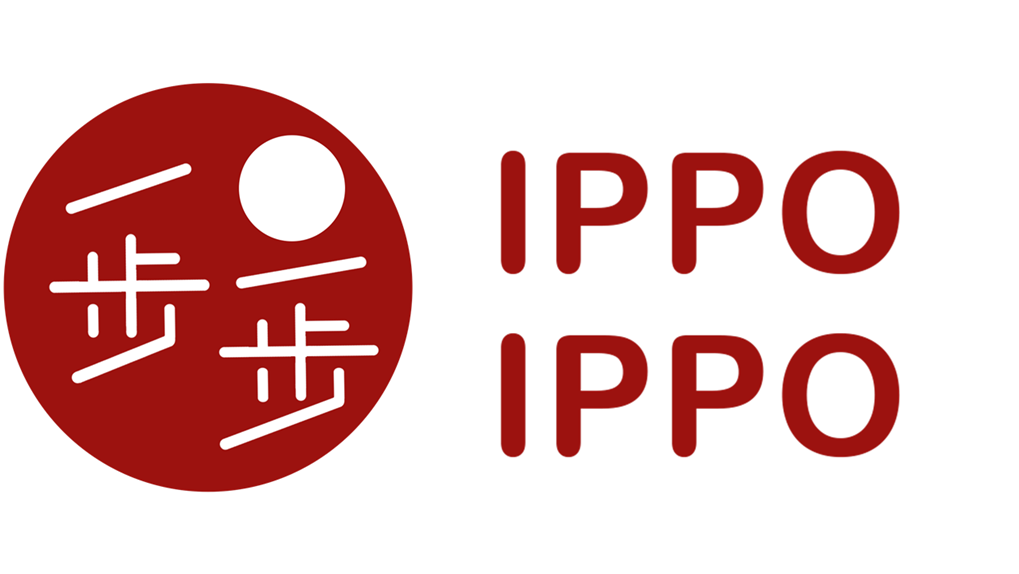Posted: 21st July 2023
If you're an avid follower of all things Japanese on YouTube, there's a chance you'll have stumbled across ReenBenkyou, a channel possibly most notable for its great intros to Japanese study materials from beginner to intermediate level.
ReenBenkyou is run by the eponymous Reen, who I came to know through social media over the last year or so.
As I'm always curious to hear about learners' experiences with the kinds of materials I recommend to my students, I've really enjoyed browsing Reen's channel. In addition to her videos about studying Japanese, something that caught my attention was her review of My Brother's Husband, a very wholesome (if at times sad) manga that I happened to have just read.
In this interview, I got the chance to ask Reen more about her experience of learning Japanese, from how to tell the difference between 使う (tsukau: to use) and 作る (tsukuru) to her favourite resources and Japanese words.
Happy reading!
If you like this post, don't forget to check back again for more like it coming soon. Alternatively, sign up for direct updates via my newsletter.
Hi Reen, thanks for joining me for this interview! First thing's first: what got you into learning Japanese?
It may seem very nerdy, but I can’t deny that anime had a big influence on me. My friends introduced me to it in school and I’ve watched them ever since. It was, for a long time, the main place I would hear the language and I started to really like the sound of it. I even started to prefer watching anime in Japanese even when an English dub was available to me. Then my friends started to learn Japanese and the possibility of being able to one day speak the language for myself started to feel like a reality.
It took me a while to actually start learning Japanese. At first I had no idea how to learn a language so my first attempt at Japanese didn’t last long, but I tried again a few years later because that same interest in the language that I got from watching anime never went away. This second time round learning Japanese stuck and I haven’t stopped since.

Reen in front of the famous Gundam statue in Odaiba
I noticed one of your early videos mentions the all-too-common struggle with the words 使う (tsukau: to use) and 作る (tsukuru: to make). How did you learn to differentiate between the two? Any hot tips for other learners?
Oh gosh, I remember this was so annoying to learn, hahaha! And I remember some of my classmates having a bit of trouble too!
There was one main thing that really helped. It’s something that applies to language learning in general, but I really upped the frequency of practising 作る and 使う. When trying to practise grammar, or kanji, or trying to write a diary entry, I would always try to use these words multiple times. The more you use them the quicker your brain learns to process them.
As a possible extra tip, I found learning their kanji helped a little too. After I had learned how to write them, it helped me to visualise the words when I needed to use them.
A series I really like on your channel is My Japanese Bookshelf. If you had to recommend three books to anyone in the early stages of their Japanese learning, what would they be?
I love language books, but I would say there have been three standouts and I still use them to this day. The first is Kanji Look And Learn. I tried a few books to learn kanji from but this was the one that worked for me. It has a workbook to go with it and I recommend getting both of them if you can. It takes away the process of having to create your own example sentences and lets you get straight into practising kanji. The only thing I don’t like about it is that there isn’t a Volume 2. Once you finish learning the 512 kanji in the book, that’s it.
The second book would be A Dictionary Of Basic Japanese Grammar. I admit it has a very boring name, but I’ve found this to be really helpful. If I come across grammar that I haven’t studied before or if I need a quick refresh on something I learned a while back, this book (and the two other books in this series for intermediate and advanced levels) have always given precise and easy to understand information. While you may not use this while an absolute beginner, if you know early on that you want to take your Japanese studies as far as you can, I’d say it’s worth getting your hands on a copy, as you’ll probably be using this book for a long time.
The third book is “初めての日本語能力試験N4単語1500 (1500 Essential Vocabulary for the JLPT N4). This is part of a series, each book for a different level of the Japanese Language Proficiency Test. I’ve not used the lowest level book, the N5, but I have been using the N4. While I think this book is not essential in learning vocabulary, I did find it helpful and easy to use. The vocab is grouped by subject and there are example sentences for you to practise with. It also has a plastic sheet you can place over the page that only hides the words you’re studying so you can easily practise with the book open without accidentally seeing the answers. I liked the book enough that I’ve already got myself the one for the next level up, the N3.
Note from Elly: Reen and I seem to have similar tastes when it comes to learning materials! Check out some of my recommendations here.

Reen's top three book recommendations
As a teacher, one thing I struggle with is how to guide students in learning vocab. After a certain point it's sensible to pick an app or something else that can help store all the many words you need to memorise, but there are so many options out there it's hard to keep up with what actually works well. Do you have a recommendation based on your experience?
The app I’ve used the most is probably one many people have already heard of, Anki. It’s a flashcard app, and I think there are positives and negatives to using it. A plus is that you can make your own flashcards and have multiple decks going at the same time. This allows you to really tailor what vocab you are practising. A university student can have a deck that is going over vocab for a test, while a foodie can have a more detailed deck on cuisine.
While a negative can be that creating lots of decks and keeping them up to date can be time consuming, there are people who share decks they have created which you can download and use for yourself. Another negative can be that if you miss a few days the number of flashcards the app tells you have to catch up on can build up very quickly. This simple number can be off putting and discourage you from using the app for an even longer time. I had to remind myself that missing lots of days or only doing a few flashcards when the app tells me I have loads to do is completely fine. You’re in charge of your learning, no one else.
Overall, Anki is a good place to concentrate on vocabulary, as long as you remember to change up the decks as often as you want, and it’s fine to take a break from it every now and again to focus on something else.
Speaking of vocab, do you have a favourite Japanese word or phrase?
I actually have three words that came to mind for this question. The first is ときどき (tokidoki - sometimes). It’s one that comes up very early in studying Japanese and is useful to know because sometimes you just have to use it. It sounds cute and is fun to say so I think it was one of the few words I never needed to revise because my brain seemed to immediately absorb it.
The second is 郵便局 (yuubinkyoku - post office). Similar to ときどき (tokidoki), I really enjoy saying this word even though I haven’t used the "post office" in a long time. However, because I enjoyed saying this word it stuck in my memory and within the first couple of hours of being in Japan I needed to use it! I was meant to pick up a portable Wi-Fi device at the airport post office and although I had a map of the airport, the post office wasn’t where I thought it was. I had to ask for directions and despite being sleep deprived I was still able to say a smooth 郵便局 (yuubinkyoku).
My final word is another that I don’t really get the opportunity to say often, and that’s 積ん読 (tsundoku). The word is often found on lists of beautiful Japanese words, or words that can’t be translated into English. It describes the act of buying books and not reading them. Many book lovers have that pile of books that they still haven’t read, and yet they still go out and buy more books. I am that person. This word knows me.

Reen browsing in Book Off, Japan's largest chain of used bookstores
What kind of things do you find help keep you motivated with your learning?
The things I do to keep motivated all connect the Japanese language to things I enjoy doing. For example, I love reading manga so the idea of reading a series that I love in Japanese sounds like a fun challenge. I love video games, so either trying to play a game in Japanese or watching a Japanese streamer play a game sounds fun.
I love Disney films, Marvel movies and tv shows, and Star Wars. Disney+ has them all dubbed into Japanese. Going over grammar for a long time can get tiring and boring, but if I then turn on Guardians Of The Galaxy in Japanese, suddenly my interest is back.
Any upcoming plans or videos you'd like us to know about?
I chat about learning Japanese over on my YouTube channel, ReenBenkyou, where I do language update videos, manga and Japanese textbook reviews, study videos (where I literally show you what I’ve been doing that week), with a few random topics sprinkled in.
Note from Elly: check out Reen's latest (at time of writing) video below!
リーンさん、ありがとう!
Riin-san, arigatō!
You've reached the end of this post! I hope you enjoyed it.
For updates on posts like this sent straight to your inbox, sign up to my newsletter (sent no more than once a month):

Support Me on Ko-fi
If you've enjoyed this post and would like to see more like it in future, please consider sending a donation - however small! - via Ko-fi. I don't include any affiliated links or ads on my blog, so every little helps!
Please donate via the portal below or by going directly to the Ippo Ippo Japanese Ko-fi page.







